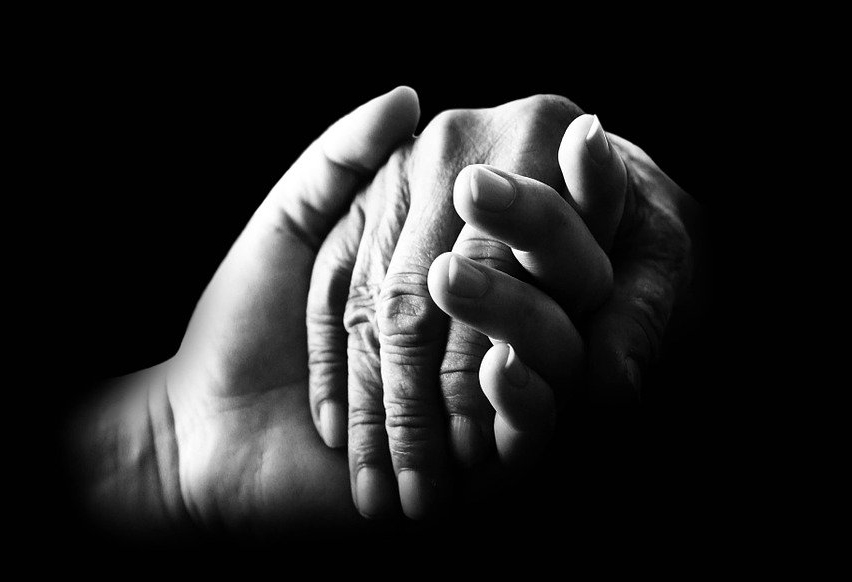Why do we have the impression that we have the most bizarre and negative dreams during the pandemic?

Because… it’s normal! Did you know that…?
Our dreams are influenced by our waking life that proceeds sleep. Elements of our day often appear in our dreams. However, these elements which are always transformed, tend to be negative and can take a turn that go beyond reality. The representation of our preoccupations and emotions play an important role in our dreams. During the pandemic, we are naturally more anxious and worried for a variety of reasons and it is normal that our dreams reflect this unease. We should not be surprised if our dreams contain more elements relating to the crisis and the coronavirus (i.e. virus, news, themes of death, even politicians, etc.)
Most of our active, living dreams come from paradoxical sleep (the period where we dream) when our brain functions differently that during wakefulness. The centres of our brain that control memory, emotions, notably fear and anxiety, are most active at this time while those that control rational thought are in repose. This leads to a negative acceleration of the dream experience.
Our sleep during the pandemic can also be fragmented, and this can lead to waking up with more recollections of our dreams than usual. With frequent awakenings, we are therefore better able to remember our dreams. In addition, paradoxical sleep mainly occurs at the end of the night. And, if our sleep extends into the morning, more dreams can occur.
Lastly, having more distressing dreams with more anxiety-provoking content, can also have repercussions for our waking life. Some people will find it difficult to detach themselves from the emotions and/or content of their dreams when waking up and this could impact the way they approach their day. Similarly, scary dreams, even if normal during this period of crisis , could cause you to wake up during the night and you could have difficulty falling asleep again. They are called nightmares. You may have more nightmares or night terrors due to stress and a lack of sleep.

What should we do if our dreams become too unpleasant?


1. Reassure yourself.
This situation is normal given the current circumstances.
2. Clear your mind early in the evening.
Dreams are heavily influenced by our thoughts proceeding sleep. It’s important to clear your mind of any topics that cause you to worry early in the evening. Try writing your thoughts down for example.


3. Visualize pleasant things.
When going to bed, imagine pleasant experiences that are special to you and that you would like to dream about (sports, the beach, etc). This practise complements the recommendation of preparing yourself for sleep by relaxing. There are also dream control techniques such as lucid dreaming, which can be learned by consulting specialist publications.
4. For children with nightmares.
Consult our article on kids’ sleep during this time of crisis.


BONUS
This pandemic can be an opportunity to help us understand how our dreams can lead to understanding ourselves better and for learning to use them as a tool for self-awareness. Certain dreams can sometimes be a source of creativity as many artists have tapped into them for inspiration. Several discoveries have also been made thanks to creative images that have appeared in the dreams of scientists. Some people also find in dreams, solutions to their problems.
